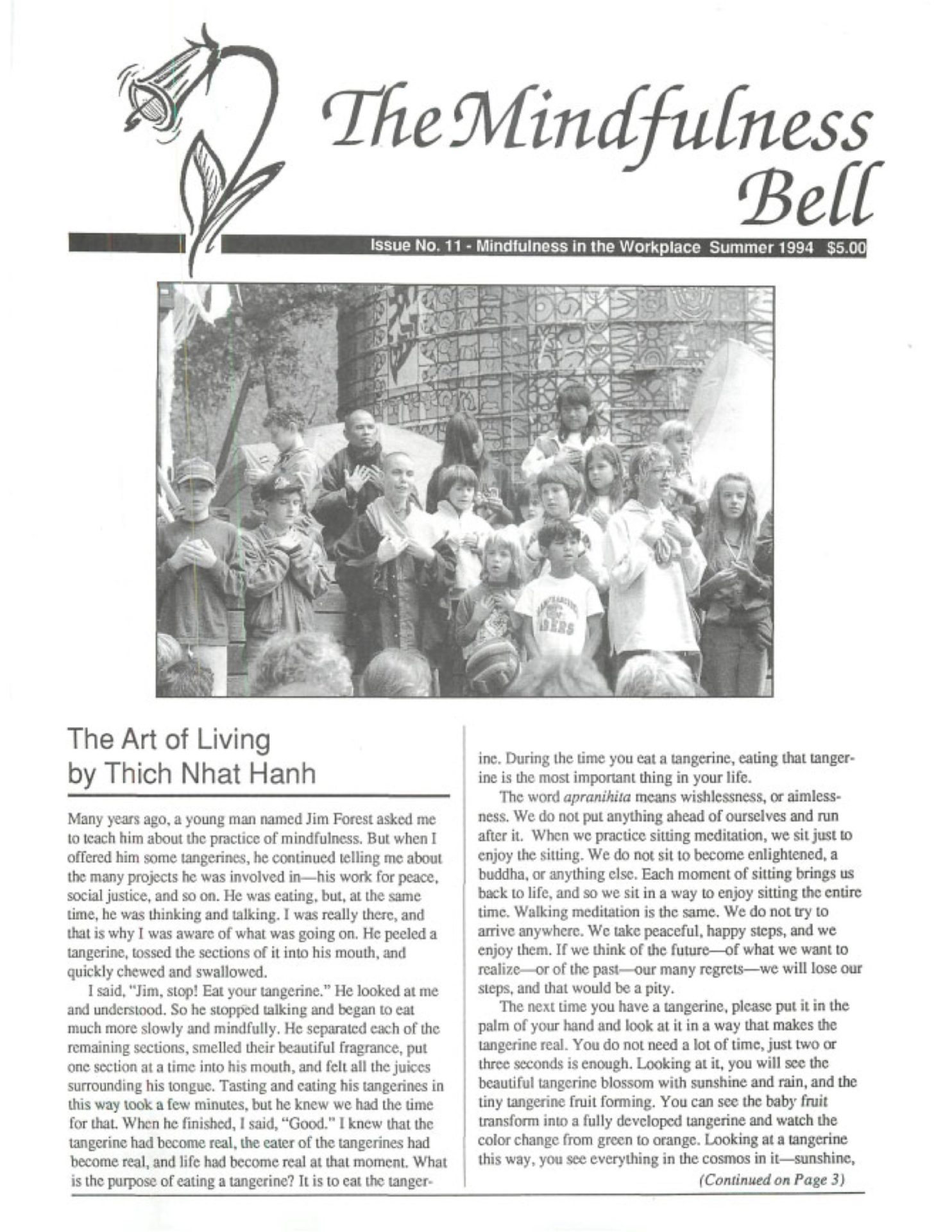By Quyen Do
The French use three words to convey their feelings about a worker’s life—dodo (sleep), metro (transport), and boulot (work). All day long, it appears that the worker only has time to sleep and go back and forth to work. He looks forward to taking a vacation and relaxing. Leaving a familiar environment to do different things that we enjoy is a way to replenish the energies that are depleted from work. But how to have a vacation during our daily life is an entirely different subject.
By Quyen Do
The French use three words to convey their feelings about a worker's life—dodo (sleep), metro (transport), and boulot (work). All day long, it appears that the worker only has time to sleep and go back and forth to work. He looks forward to taking a vacation and relaxing. Leaving a familiar environment to do different things that we enjoy is a way to replenish the energies that are depleted from work. But how to have a vacation during our daily life is an entirely different subject.
There are conditions in life such as hunger, sickness, war, and natural disasters that cause real suffering. But the main source of our happiness or suffering is our state of mind, our perceptions. We can make ourselves miserable due to greed, anger, and misunderstanding. The deep core in each of us is an unconditioned mind, an unlimited potential that is often blurred and sometimes totally lost as we progress in life. Our true nature and essential core are peaceful and whole.
When I live in mindfulness of my essential core, I have a greater chance of being happy and realizing my vacation in the present moment. I see and enjoy the wonderful little things around me. On the way to work, sitting on the bus or subway, I see the rosy cheeks of a baby or enjoy the smiling face of a young student. In the workplace, I appreciate my coworkers and the equipment that serves us—the desk, computer, photocopy machine. The telephone can serve as a bell of mindfulness, reminding us to enjoy our breathing. Even in difficult situations, we can be like the boat people on the stormy ocean, helping others if we are calm.
A Buddhist story tells of a young swordsman who visits a Zen master and asks, "Master, is there really a heaven and a hell?" The master replies, "How can you ask such a stupid question?" The enraged swordsman takes off his sword and raises it over his head, wanting to kill the Zen master, who dared insult him. The Zen master says softly, "Now you have opened the door to hell." Startled, the swordsman understands and says, "I am sorry." He puts his sword back into his belt, and the Zen master replies, "Now you have opened the door of heaven." The door to heaven is not in expensive vacations but in our peace of mind.
Quyen Do, ordained member of the Order of lnterbeing, is a pharmacist in Montreal, Canada.

